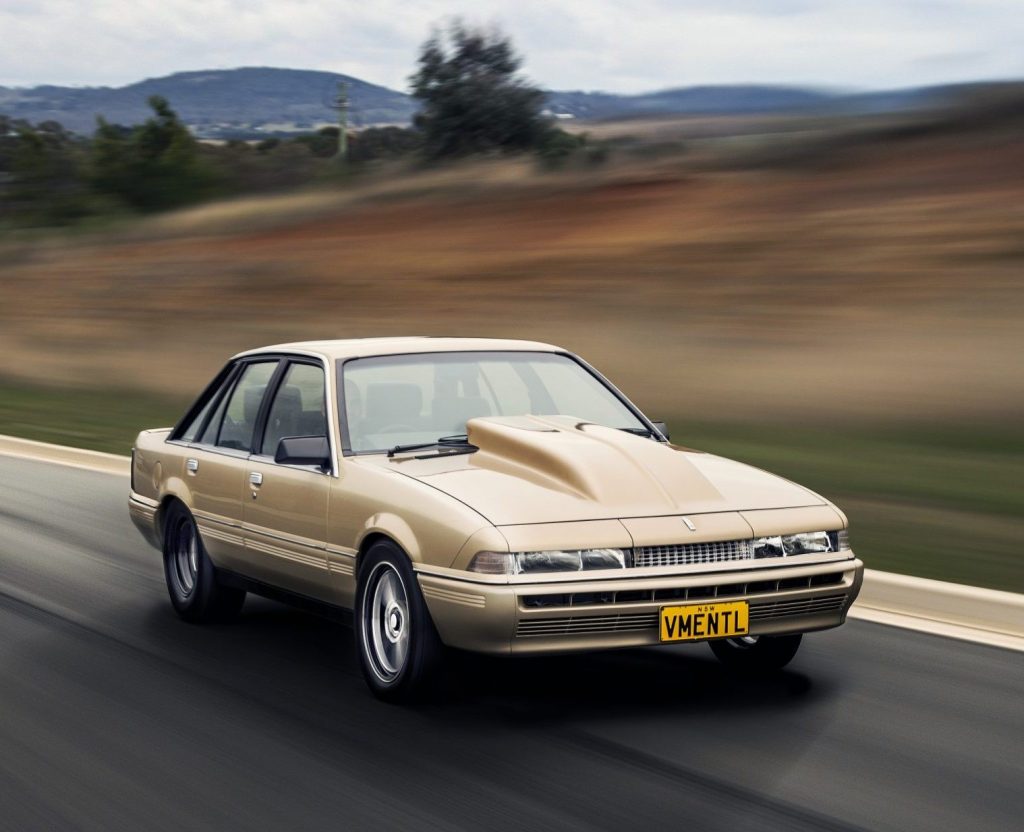IT’S A BEHAVIOUR WE MORE usually associate with a much younger age group than the over-50s, but modifying cars is something that people of any age can be tempted by.
But it’s worth thinking carefully before you modify or even personalise your car.
Modifications can limit the number of potential buyers and harm a vehicle’s resale value.
Non-manufacturer modifications can also invalidate warranties and impact insurance, and invalidate a car’s warranty and insurance if not fully declared. There’s also the possibility that subsequent owners may be unaware of modifications at the time of purchase.

Adding modifications can detract from the potential purchase price, with most buyers preferring unmodified cars. Cosmetic changes can often negatively impact value, with poorly executed paint jobs, body kits, or decals significantly reducing a car’s appeal and value.
Engine and performance modifications can be a particularly problem. Extreme engine modifications, such as ECU remaps or larger turbos to increase the kilowatt output, can raise concerns about potential reliability issues and even maintenance costs. Similarly, unauthorised or non-original aftermarket parts can reduce the vehicle’s value due to potential risks and warranty issues.

A senior valuations editor in the UK comments, “Generally, resale values are decreased by modifications as these are typically designed to suit the taste and style requirements of the original owner. The effect of modifications on a car’s overall value depends on numerous factors such as the quality of the work, reversibility of alterations and legality – as unapproved or illegal modifications decrease value and can make the car unroadworthy and uninsurable. The overall market appeal is also significantly reduced as some modifications may appeal to niche buyers but limit the overall market for the vehicle.”
Certain procedures must be followed when modifying any car to avoid devaluing or hindering its market appeal. Always retain original parts to potentially reverse modifications before selling; focus on enhancements that improve vehicle performance rather than purely cosmetic customisations; ensure modifications are installed by professionals who use quality parts from reputable brands; and consider the long-term impact on insurance and vehicle integrity.
Although some carefully chosen and well-executed modifications might maintain or potentially slightly increase a car’s value to the right buyer, most modifications tend to decrease resale value and limit the pool of potential buyers.
